In your honour: Jared James Nichols pays tribute to his top five blues guitar heroes
“Leslie West was that perfect marriage of rock-solid tone and beautiful phrasing, and just being a badass guy!”
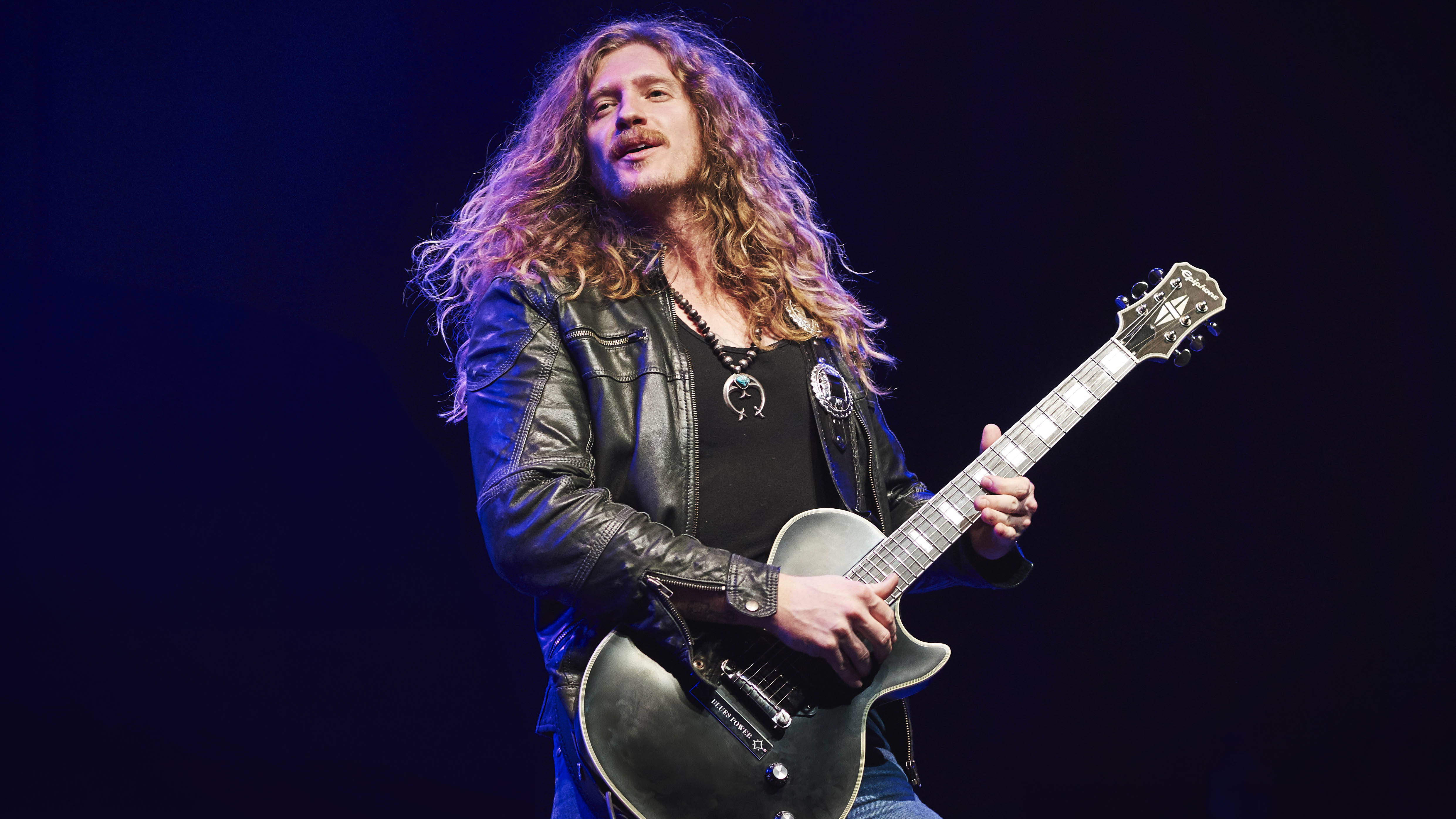
Want all the hottest music and gear news, reviews, deals, features and more, direct to your inbox? Sign up here.
You are now subscribed
Your newsletter sign-up was successful
Any time is a good time to talk blues guitar with Jared James Nichols but especially so today. Nichols has just disembarked from Joe Bonamassa's latest Keeping The Blues Alive at Sea cruise, and there’s nothing like a little sea air and some jam time with Joe and Vernon Reid to invigorate the spirit. It’s the ultimate clean boost in anyone’s internal signal chain.
“That was insane, right!?” says Nichols. “It was me and Vernon and we did Ballad of John Henry, one of Joe’s songs, and it was insane. It was amazing! Vernon is so easy going. He is such a great player. Vernon is an artist in the truest sense. When I jam with Vernon he is more like I can see him creating.
"When he plays, you never know exactly what’s going to come out, and then with Joe, he is just like a force of nature, like when he digs in you can feel it. It is so muscular. When I play with Joe I just have to smile.
Yes indeed, it did look like a lot of fun. Can anything fully prepare you for something like that, sitting in with the blues’ biggest (only?) contemporary superstar and the mind behind Living Colour’s unique and effervescent rock sound. Maybe not
But as Nichols explains, he never had the chance. Even the invitation was delivered with a little Agatha Christie Death On The Nile mystery. “I was in my room and someone knocked on the door and I opened it and they were gone,” he laughs. “There was a note on my door saying ‘Joe wants to you to jam with him at the show.’ No rehearsal. No soundcheck. Sometimes you gotta jump in!”
Nichols is holed up at Gibson’s London offices, where later he’ll play an intimate show for some 60 people before launching himself across the UK and Europe for some headline dates. He’s an interesting guy to talk to in an era when one of the biggest blues events of the year – perhaps the biggest – are held at sea and badged as keeping the blues alive. There’s no shortage of people with the blues but is blues a dying art-form?
“I think what happens is that the art-form dips and sways but the reality is, to me, it’s just an evolution,” says Nichols. “Is it a great evolution? Is it evolving in a proper way? That is hard to say with something like blues because it is such a sacred art-form that came from a certain place, and a certain time. But do I believe that the genre is evolving and people are breathing new life into it? Yes, I just think it is in a different shape.”
Want all the hottest music and gear news, reviews, deals, features and more, direct to your inbox? Sign up here.
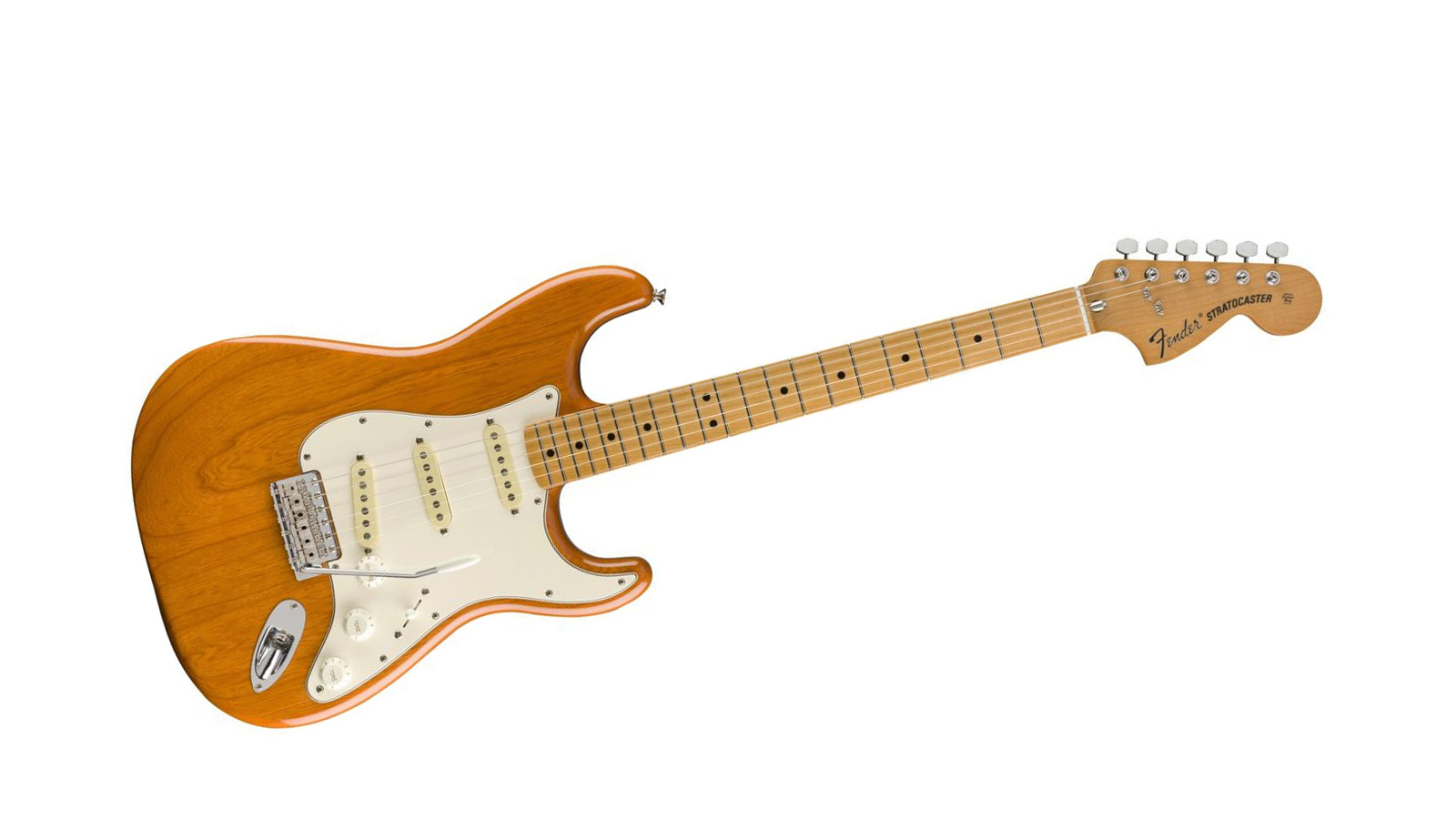
If so much of the blues is about authenticity, feel and soul, maybe we’ve all got to recalibrate our expectations of a blues artist. Not all, and certainly not Nichols, will suit-up to play. Others, such as Gary Clark Jr, will introduce contemporary styles to the mix, hip-hop and so forth. As Nichols notes, he leads a very different life to BB King – you can’t compare the next generation of blues players to Muddy Waters
So with the future of blues in mind, maybe it’s only appropriate when talking Nichols’ blues guitar heroes to start with the present, and a player who proves that the electrifying power of an ES-335 through a cranked valve amplifier – Fender or Marshall or both – is eternal…
1. Jordan Cook (Reignwolf)
“The most-recent player who has gotten under my skin as far as [being an] influence and stuff? I have to say there is one guy who is awesome and I don’t think a lot of people are going to know who he is. He plays with an abandonment that I haven’t seen in a young guy. He thrives on it. It kind of sounds like a mix between Jimi Hendrix and Muddy Waters, in a sense that it is very unconventional.
"He plays with an abandonment that I haven’t seen in a young guy"
“He doesn’t always tune up. He tunes onstage. He uses fuzzes. It’s very wild. JD Simo is a great player, and guys like Marcus King, Gary Clark Jr… When I think of this guy, I think of someone that is totally psychedelic but – how do I say it? [Pauses] Totally psychedelic but it’s from 1955! Y’know what I mean? He doesn’t play fast.
“Where Hendrix was more flamboyant, this guy is kinda more conservative but crazy, conservative to the point like he’s got six fuzzes on at once and he’s playing Lightnin’ Hopkins or something. He’s not necessarily known as a guitar hero, but, man, he is one of the guys who, when I saw him playing live, I was knocked out.”
2. Jonny Winter
“Johnny Winter knocked me out because he took that super-blues feeling and that super-blues – I always thought it was the gut-wrenching part of it – and he played fire guitar. He was just a blistering guitar player, and he mixed it all together, and he had such a great voice.
“I was able to see him play a lot when I was a kid, because whenever he would come through town he would play all-ages shows, and he was a lot older at this point but I got a lot of one-on-one time with him and it was amazing. I’d just knock on his door and he’d be hanging out, listening to old blues and smoking.
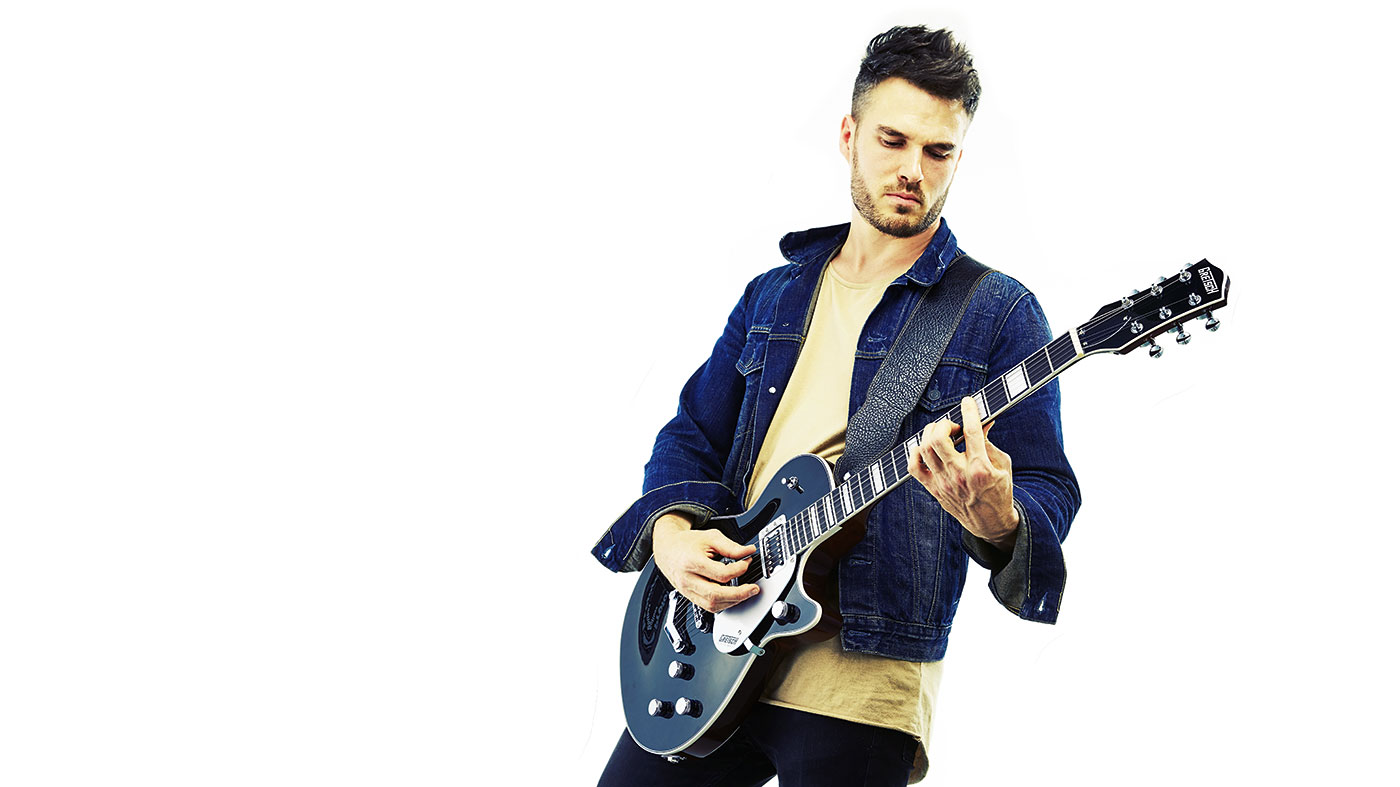
“He was a big influence on me because I just loved his playing and I loved his spirit. That is something that is just as important as guitar playing to this art-form, his spirit. He was a big one.
"Johnny Winter And / Live, that record was so impactful on me. It is a live record. I love live recordings, especially in this genre, man, because those guys, when you catch them on a good night and they are firing on all cylinders, and the band is hot, it’s magic.”
3. Leslie West
“He was such a simple guitar player. Like what you said earlier about the first and third fingers? He said that’s why he played the way he does, because he only knew how to use those. But you also talk about the vibrato, the bending, and how important that is to the tone; when it came to tone he had it nailed. It was so simple, so beautiful, everything he played.
"To me, he was the direct representation of the blues art-form moving into rock ’n’ roll"
“To me, he was the direct representation of the blues art-form moving into rock ’n’ roll. When I heard him play… I always said it was like a grizzly bear attacking, he was attacking the strings. But he could also be soft and delicate as he needed to. And it was just simple. He played a Les Paul Jr, a single pickup, into a screaming Sunn amp…
“I just loved his phrasing, his bending, his vibrato, and the way that he applied those things. A lot of guitar players get overlooked when they are not so flashy, or so flamboyant, so showy, and I think Leslie West was that perfect marriage of rock-solid tone and beautiful phrasing, and just being a badass guy! He was just a real badass! He didn’t care; he was just playing! So much volume. He is the reason I went for P-90s.”
4. Otis Rush
“He was a huge influence on me, a Chicago guy who totally blew me away. I had a CD when I was first starting out called the Cobra Sessions – which was the label he was on in the ‘50s – and it had I Can’t Quit You Baby, My Love Will Never Die, all these songs, and this guy, he had something deeper, because he would do a lot of minor blues but the way he played guitar and the way he sang, it was one in the same.
"He played exactly what needed to be played"
“Beautiful vibrato, beautiful note choice, he would say more with three notes than most guys did on an album. So efficient. So tactile… Like, just laser to the feel. He played exactly what needed to be played. There were some things he’d do because he played leftie upside down, like Albert King, and he’s another major influence on me.
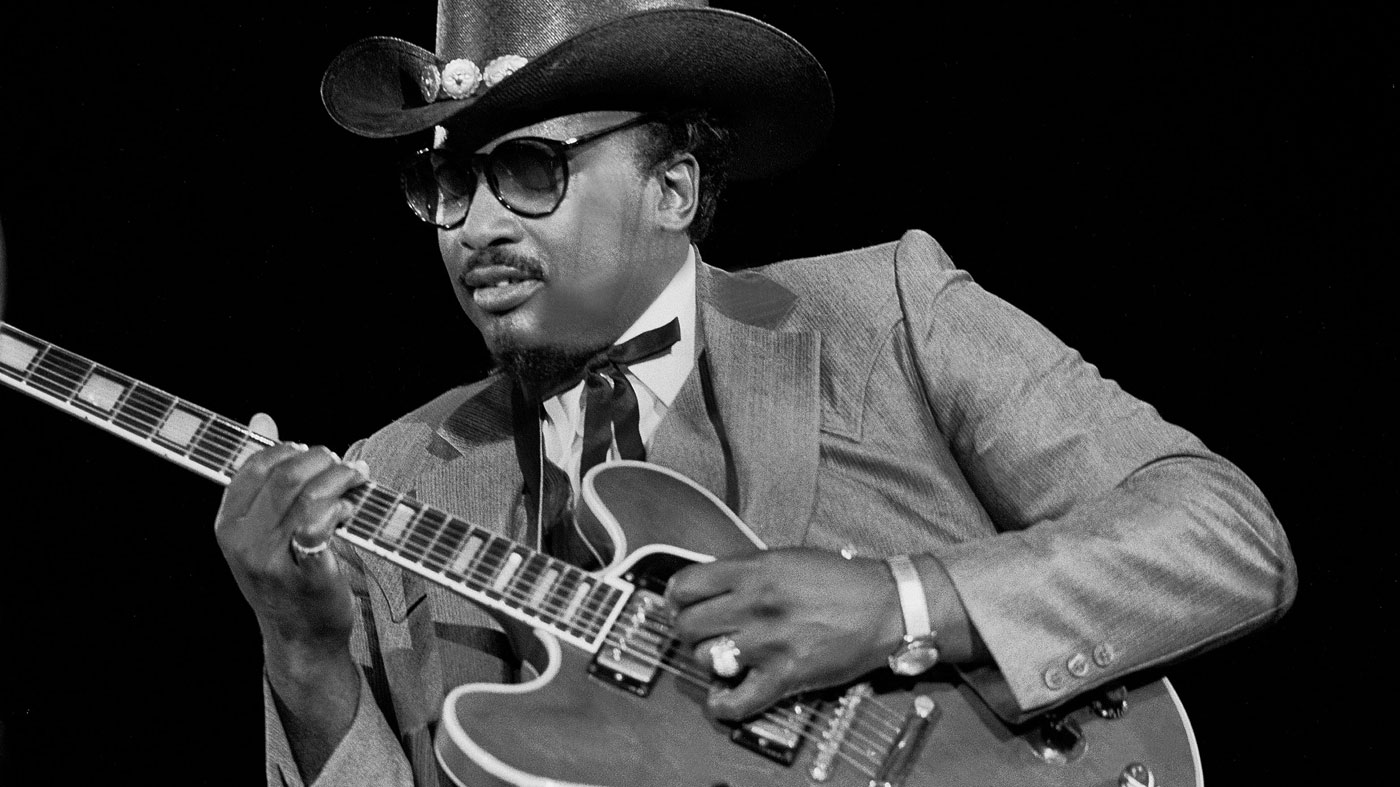
“People’s differences on guitar are ultimately what make them stand out. I think guys like Otis Rush and Albert King, playing that way, maybe at first to them it was a drag but it really makes them so unique. It really lets the soul, that feel, really ring out. I would rather hear someone pour their heart out, even if it’s out of tune, busted up and broken, I would rather hear that any day of the week than someone playing Paganini perfectly.”
5. Stevie Ray Vaughan
“It’s hard for me to name my number one but I would have to say, because of my age, where I’m from and the impact he had on me… Stevie! I grew up in the town where he died, so when I first started playing guitar everyone was like, ‘Have you heard Stevie Ray Vaughan?’ I had no idea. I saw a video of him playing.
“One of my friend’s dads had a tape. I watched him play and it flat-out knocked me out because I was hearing crazy, amazing guitar, and pure blues, pure gut-wrenching, and there was a guy who, at the time, looked to be what I am now, 30, 35 years old or whatever, and I could hear all of these older blues players but when I saw him play he was doing it in his own way, in his own interpretation, and that was just a really big influence on me as a kid.
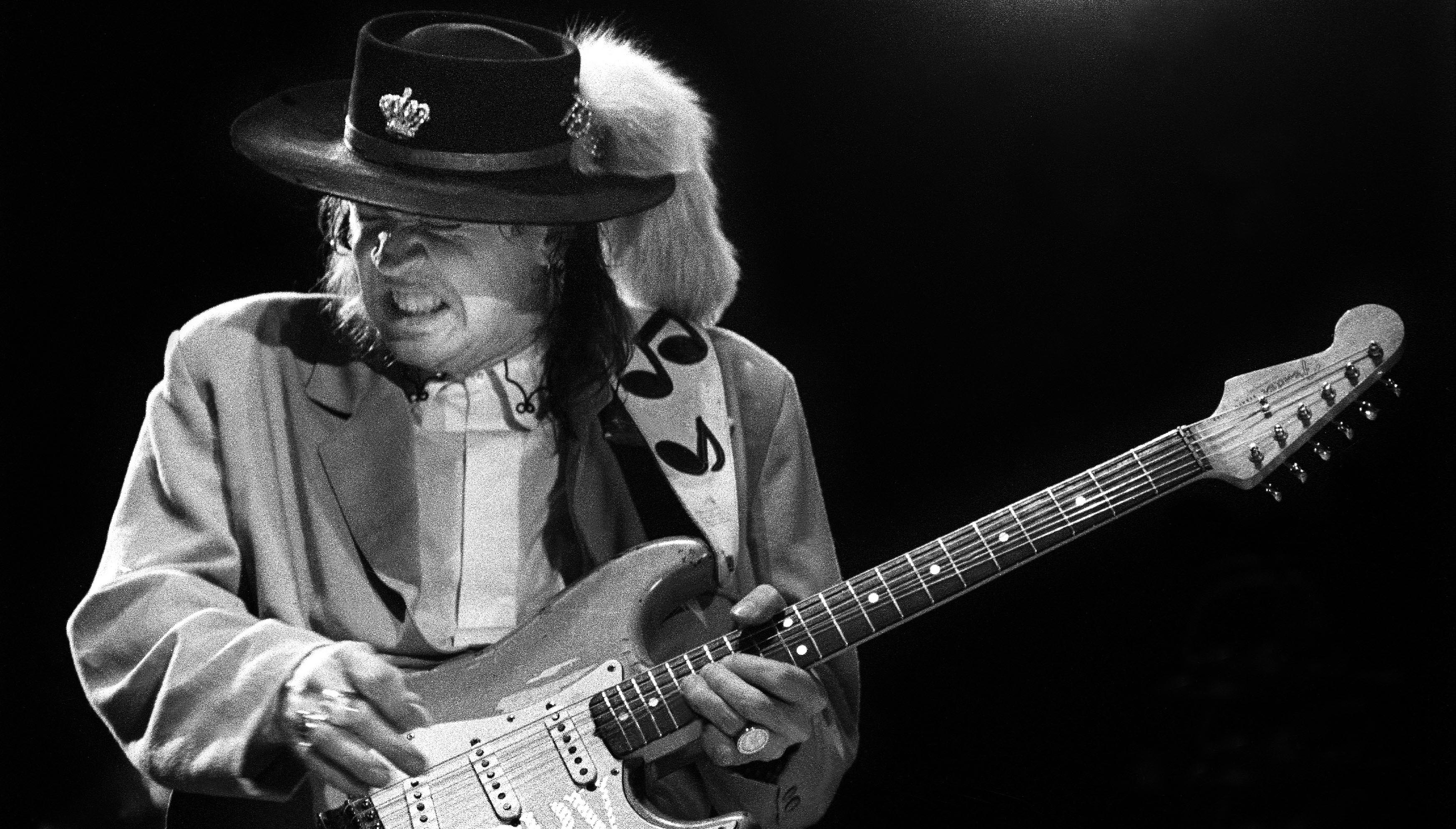
Classic interview: Stevie Ray Vaughan talks Texas blues, Strats and addiction
“I never looked at him specifically for a certain tone or a certain style; I just loved his attitude with his instrument. What he brought was a real physical sense to blues guitar. He injected it with a little bit of blood, a little bit of life into the art-form, and that is the reason I really dug him.
“Nowadays I look at him and think to myself, ‘Man, he really put a fresh set of underwear on the blues!’ He looks a little bad to the bone. Bumps and scraps and all, I think he was pound for pound the best at that time. It was just like, ‘Whoah! This guy is believing what he is doing up there.’”
Jared James Nichols is on tour across Europe, returning to the UK to play Bristol, London and Manchester 27-29 March. For tickets head over to seetickets.com
Jonathan Horsley has been writing about guitars and guitar culture since 2005, playing them since 1990, and regularly contributes to MusicRadar, Total Guitar and Guitar World. He uses Jazz III nylon picks, 10s during the week, 9s at the weekend, and shamefully still struggles with rhythm figure one of Van Halen’s Panama.
